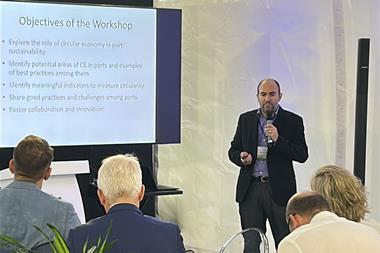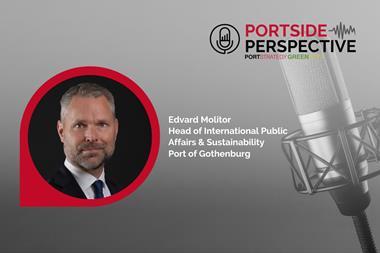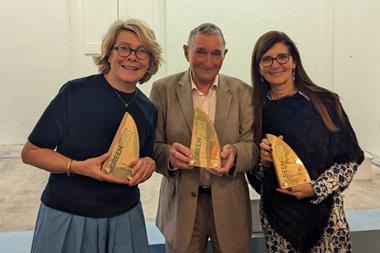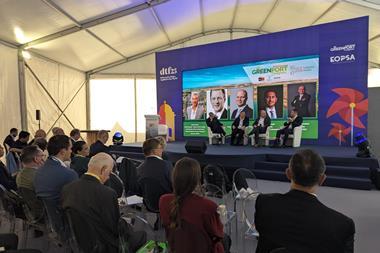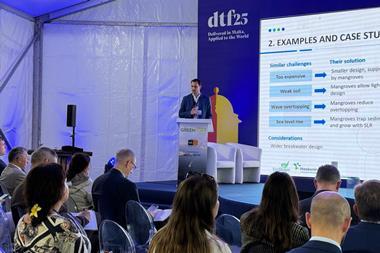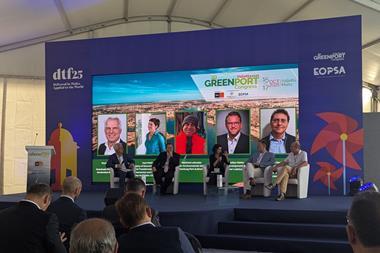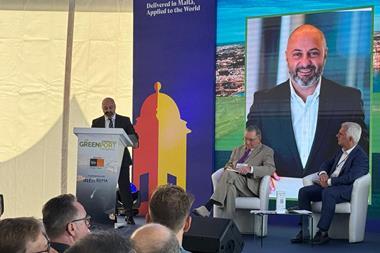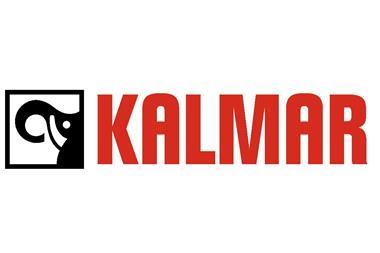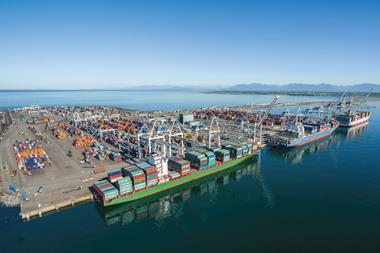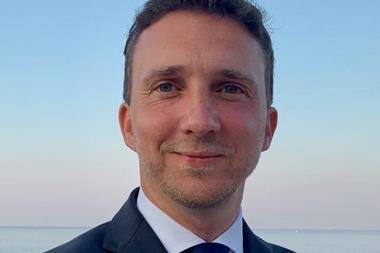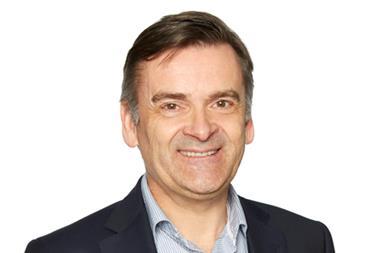The second day of the GP Congress began with a central message: Policy drives everything, but strategy is the action that makes things happen.
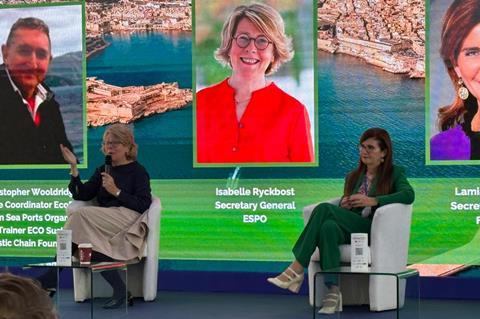
That was the opener from Chris Wooldridge, chairman and moderator and science coordinator, EcoPorts SLC.
It was a fitting introduction which led into the keynote address on strategy, resilience and decarbonisation.
The discussion on the challenges for EU ports and how they could be addressed comes at a critical time when the EU is developing the new EU Ports Strategy.
Testing times
Lamia Kerdjoudj, secretary general, FEPORT, said that updates to the EU Ports Strategy are much needed given the ever changing geopolitical context.
Times have changed. Once upon a time ports only had to worry about civil and commercial activities – now they are multi-faceted, balancing the objectives of business and competitiveness with the energy transition, digitalisation, resilience and military mobility, among many other things.
“How do you make sure one activity does not cannibalise the other ones, that is the question,” said Ms Kerdjoudj.
The new strategy will apparently contain no legislative initiatives for now, but Ms Kerjoudj said it’s a prime opportunity to clarify new port business models while allowing them to be free to pursue their own interests.
FEPORT would like to see a ‘State Aid framework for ports’ which can be used by Member States to boost the competitiveness of the EU port sector as it faces ever bigger challenges and fierce competition from non-EU countries.
This, she said, would provide predictable, transparent rules to reduce legal and financial risk, promote a level playing field, encourage investment and support the development of modern infrastructure.
The importance of resilience
Isabelle Ryckbost, secretary general, ESPO, said that these are interesting and difficult times, with crisis after crisis, one on top of the other. One thing remains the same though.
“The issue of climate change and net zero will stay despite all of the other challenges, ports are in the middle and we are playing an important role,” she said.
But she pointed out, the strategy for EU ports needs to change a bit.
Fundamentally, she said, decarbonisation needs to be linked to competitiveness and also climate resilience.
Other environmental shipping policies such as EU ETS can radically affect ports competitiveness even if the ambition is right. But we are in a global industry and any negative effect to ports needs to be considered.
ESPO is calling for the IMO and the EU Commission to develop a global ports system which is based around creating a level playing field.
The new EU Port Strategy must consider the new role of ports as energy hubs and their role in the green fuel market. But it must also consider digitalisation and the human element.
“We hope the new strategy reflects the multi-faceted role of ports but also gives us the room we need to manoeuvre. We don’t need measures that promote any more competition between ports.”
She also stressed there needs to be a funding focus and a concentrated effort on huge challenges like grid congestion across Europe.
“It’s important to have a strategy to do what ports need to do, we do not always need legislation or policy to do that. We hope that the Commission will support us in that.”

